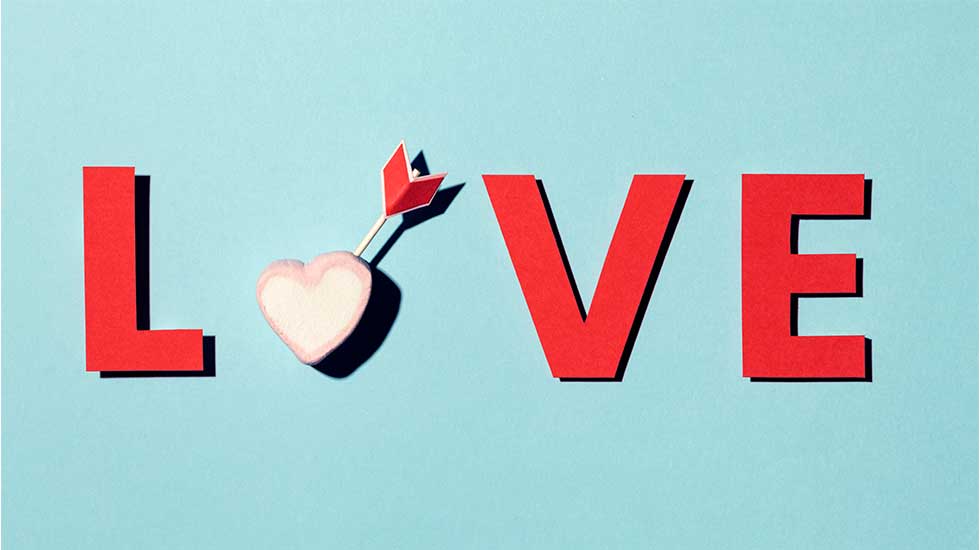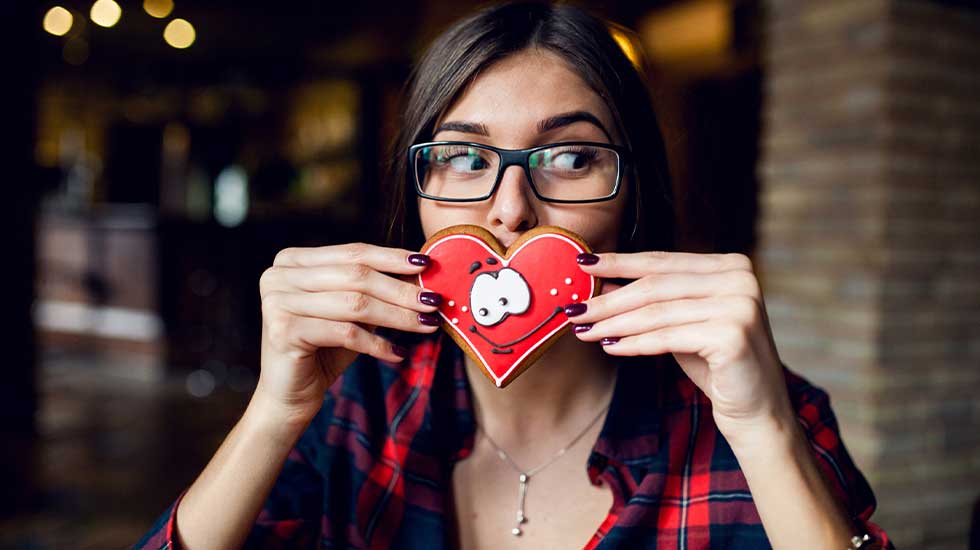The Concept of Love Quirks
Let’s delve into the concept of “Love Quirks”. Love isn’t merely a singular emotion shared between two romantically involved individuals. It’s a multifaceted phenomenon that influences us continuously.
Energy and Social Health
Firstly, the energy we invest in one aspect of our social health or love towards others permeates all our interactions and relationships. If your social health is compromised, it strains all your relationships, even if the signs aren’t immediately visible.
Love Begets Love
Secondly, love begets love. Greek philosophy identifies seven types of love. We can distill this philosophy by viewing all forms of love as Positivity Resonance, which fosters an abundance mindset in our relationships.
Love is Quirky
Thirdly, the reality is that love is quirky because no one is standard, and every love has its peculiarities. Therefore, don’t anticipate that a single book, therapy, or relationship advice will suit everyone.
Social Health and Relationships
While this is intended to be a “love and relationships” blog, the fact is that our overall social health influences the types of relationships we can foster and sustain. If our social health is poor, our romantic relationships will struggle to flourish.
Social Health is Akin to Physical Health
Social health is akin to physical health. If we don’t keep our bodies active and flexible, they become rigid, fatigued, and less adaptable. The same applies to our social connections; the less we engage, the more challenging it becomes.
The Challenge of Social Connections
The more challenging it becomes, the more we start to dread it. The more we dread it, the more we begin to decline or avoid social situations. It can quickly spiral into a pattern of staying home and “mushrooming” (my term for cocooning at home in the dark and avoiding the world).

Social Health and the Pandemic
The pandemic has disrupted our social lives, pushing many of us to regain our social health. We’ve learned that while we don’t want to be overwhelmed with numerous draining social engagements, we also understand the importance of being part of a social community. Studies by the WHO and CDC show that isolation can lead to more isolation, but conversely, more opportunities for social connection can lead to greater flexibility in engaging in a variety of social activities.
Social Connection and Relationships
This can be seen in our romantic relationships. When we feel socially energized, we are more engaged with our partner. This engagement leads to more flexibility, understanding, and communication, fostering a collaborative dynamic rather than an adversarial one. Engaging in positive social connections boosts all our relationships. As a bonus, the CDC found that social connection leads to physical health benefits such as better sleep and increased recovery from stress, anxiety, and depression.
Understanding Love
But what is Love really? The Greeks categorized love into seven types to highlight the various positive social connection feelings that humans experience. These include Eros (Romantic, Passionate Love), Philia (Affectionate, Friendly Love), Storge (Unconditional, Familial Love), Agape (Selfless, Universal Love), Ludus (Playful, Flirtatious Love), Pragma (Committed, Long-Lasting Love), and Philautia (Self Love). We often experience these types of love without recognizing them as such.
Recognizing Moments of Love
Dr. Barbara L. Fredrickson, PhD emphasizes the importance of mindfulness during our daily interactions so that we can recognize these different moments of love. She refers to this as Positivity Resonance. Recognizing these moments of love and connection fills our social health and love cups much faster. If we only wait for grand gestures of affection, we may never fill our cups. We miss out on feeling special when someone makes us coffee in the morning or remembers to hang-dry our favorite shirt. We miss out on feeling a sense of community when exchanging small talk with a cashier or receiving a smile from a fellow jogger.
Lastly, and perhaps most importantly, there is no absolute way to grow and strengthen a relationship. There is no one-size-fits-all formula for love and relationship bliss. There are too many different personalities and circumstances to consider. Contact us today to Be Sparked!

